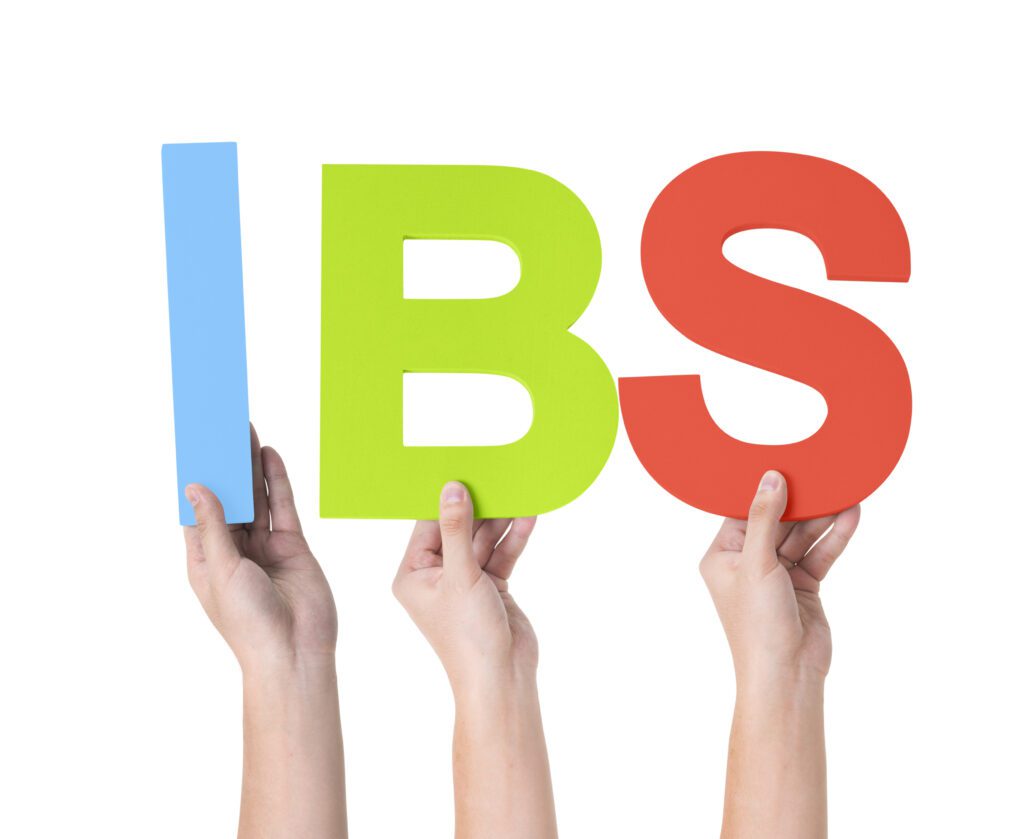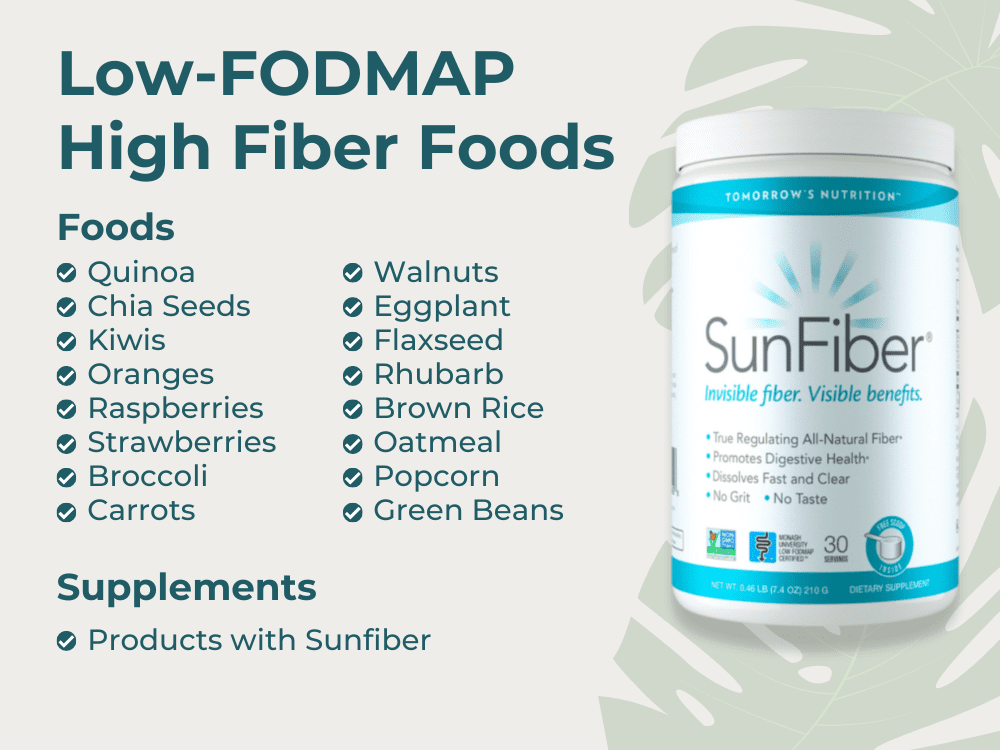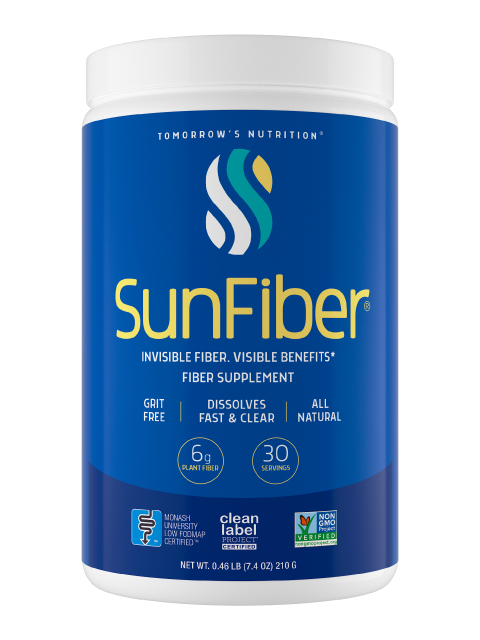It’s estimated that more than 30 million Americans suffer from Irritable Bowel Syndrome (IBS), a condition characterized by gas, cramping, bloating, diarrhea and constipation. April is IBS Awareness Month. While there is no cure, IBS.org encourages people suffering from IBS to take an active role in managing their symptoms through diet and stress reduction. It may be helpful to consume more fiber for IBS symptom management.
Does fiber help with IBS?
Fiber is commonly recommended for IBS patients, but the body’s response to fiber can vary. Some types of fiber tend to be more easily tolerated, while others can sometimes trigger symptoms.
There is safety and clinical evidence showing Sunfiber (PHGG) may help, including eight studies specifically indicating its benefits related to IBS symptoms such as regularity, abdominal discomfort, gas and bloating.
Sunfiber has been shown to help those with IBS-C (constipation) to have more frequent and comfortable bowel movements. And it’s helped those with IBS-D (diarrhea) to have fewer bowel movements with better formed stools. Sunfiber also has been shown to benefit children with chronic abdominal pain or IBS.
Research comparing partially hydrolyzed guar gum (PHGG) with another fiber option found PHGG to be better tolerated and preferred by patients with IBS symptoms.
Sunfiber is approved to use the Health Canada-approved health claims for IBS. Specifically, a five-gram serving of Sunfiber may help to:
- Improve bowel regularity in people with IBS.
- Relieve constipation and gastrointestinal discomfort in people with IBS.
- Reduce the frequency of bowel irregularity and abdominal discomfort in people with IBS, including flatulence, bloating, dyspepsia and altered bowel habits.
- Relieve bowel irregularity, bloating and other gastrointestinal symptoms in people in IBS.
Fiber for IBS while on a low-FODMAP diet
If you are currently following a low-FODMAP diet, or are considering one, to help you identify which foods are triggering your IBS symptoms, keep a canister of Sunfiber handy. The elimination phase of the low-FODMAP diet may lead to constipation due to the restriction of high-fiber foods. Most traditional fiber supplements are high FODMAP, which can worsen digestive symptoms. Sunfiber was the first Monash University Low FODMAP certified™ fiber.




0 Comments